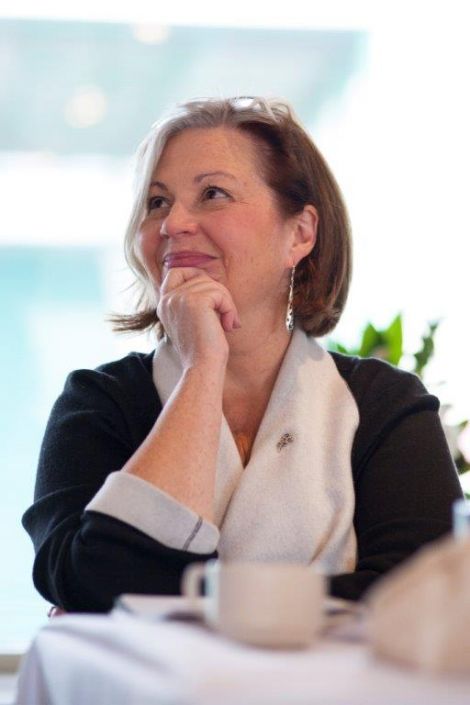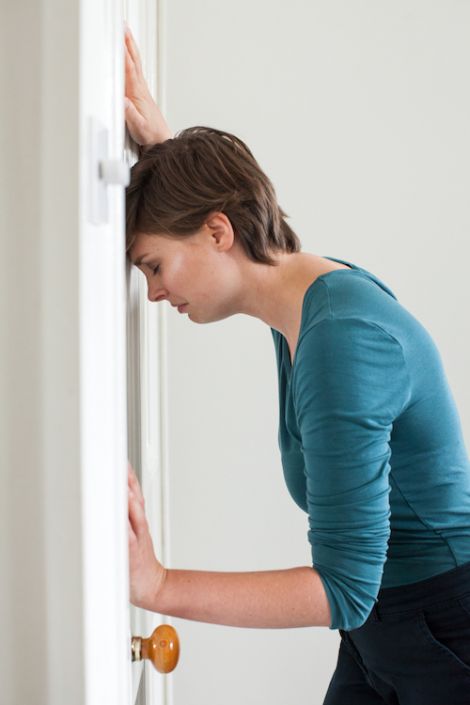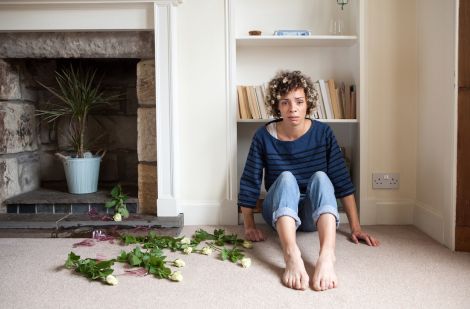Community / New law will make a real difference to domestic abuse
LEGISLATION that puts Scotland at the very top of countries for tackling domestic abuse comes into force on 1 April, the chief executive of Scottish Women’s Aid told a meeting of professionals in Lerwick on Wednesday.
The domestic abuse bill for the first time frames coercive and controlling behaviour as abuse and grounds for prosecution – and can be the most damaging form of abuse, according to Dr Marsha Scott.
“I think we have the best policing on domestic abuse in Europe and I mean that with every fibre of my being. But it’s still far from good enough,” she said.
People are being encouraged to reach out and learn what the new law says and educate themselves on its meaning, in the hope this will change the way public and partner agencies deal with domestic abuse victims.
Scott has been styled a “feminist activist, researcher and practitioner” and has worked on violence against women for 30 years in the UK and Europe.
She said that despite vast improvements in the understanding and treatment of victims of domestic abuse, rates of offending were not decreasing; there were 60,000 domestic abuse related calls to police last year.
This, added the New York native, was because no work was done focusing on the male perpetrators of domestic abuse.
Despite this, the new law was a “really exciting development” and “part of the reason it is so good is because it is based on evidence of how domestic abuse works”.
She added: “It is a result of a Scottish commitment to understand how violence to women and girls is all about the historic attitude to women”.
Ultimately this derived from economic and social inequality and the smaller sphere of personal “liberty” that women experience around them.
Become a supporter of Shetland News
“Domestic abuse is the cause and consequence of women’s inequality. We have done excellent work on this, but there is no shred of evidence to say that we have reduced this abuse,” she said.
Domestic abuse is “gendered”, because although men also suffer domestic abuse, their experience is different and their requirements for help are different, with emotional support rather than physical protection being needed.
Coercive and controlling behaviour was rarely found in female abusers, she said, it is much more central to the male perpetrator/female victim dynamic.
If there is no understanding of how gender dynamics work in domestic abuse, then it will be impossible to implement the new law, she said.
Another huge advance of the new legislation, which will result in training for 14,000 police officers, sheriffs and other interested parties, is the recognition of the effect of abuse on children and that abuse of the mother is also abuse of the child.
This will include trained staff in Shetland as well as the other 31 local authorities.
There had been concern in the past that police would sweep up victims as well as perpetrators in a confusing domestic situation. But special training would make it much easier to identify who was the perpetrator, she said.
The legislation had differed from previous laws in the “unprecedented” amount of consultation with “stakeholders” that had informed it. Even the language of the bill had been altered after feedback from women and children.
The bill, introduced by then justice minister Michael Matheson had gained the support of the entire Scottish Parliament, something that was virtually unheard off. Much consultation with children’s rights groups had taken place before it went to the justice committee.
“Children are rights bearers in their own account,” said Scott, and that for the child the most traumatic element of abuse was also the emotional and psychological aspect.
Children’s input had succeeded in having “threats to pets” added to the bill.
“Domestic abuse is a liberty crime – it attacks the independence and human rights of the individual involved. Women have less money, power and safety in their lives,” she added.
Coercive and controlling behaviour works in “insidious” ways and entitles perpetrators to think its OK to do what they do and circumscribes women’s choices about their everyday lives that are in violation of their human rights.
Where traditional abuse involved physical violence, the new law includes mental or emotional control including: making B (the victim) dependent on, or subordinate to, A (the perpetrator); isolating B from friends, relatives or other sources of support; controlling, regulating or monitoring B’s day-to-day activities; depriving B of, or restricting B’s, freedom of action; frightening, humiliating, degrading or punishing B.
The question is still frequently asked why do women and mothers not simply leave their abusive partners. But this moment of leaving is when women put themselves and their children at maximum risk of violence.
The knowledge that leaving may trigger a fatal outburst puts many women off going through the door, according to Scott.
Become a supporter of Shetland News
Shetland News is asking its many readers to consider start paying for their dose of the latest local news delivered straight to their PC, tablet or mobile phone.
Journalism comes at a price and because that price is not being paid in today’s rapidly changing media world, most publishers - national and local - struggle financially despite very healthy audience figures.
Most online publishers have started charging for access to their websites, others have chosen a different route. Shetland News currently has over 600 supporters who are all making small voluntary financial contributions. All funds go towards covering our cost and improving the service further.
Your contribution will ensure Shetland News can: -
- Bring you the headlines as they happen;
- Stay editorially independent;
- Give a voice to the community;
- Grow site traffic further;
- Research and publish more in-depth news, including more Shetland Lives features.
If you appreciate what we do and feel strongly about impartial local journalism, then please become a supporter of Shetland News by either making a single payment or monthly subscription.
Support us from as little as £3 per month – it only takes a minute to sign up. Thank you.

















